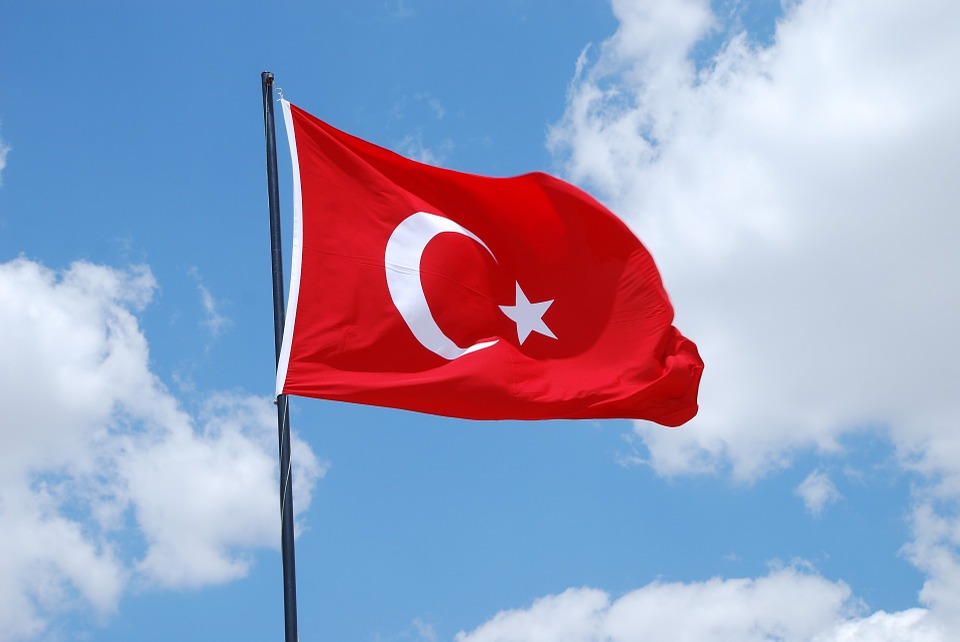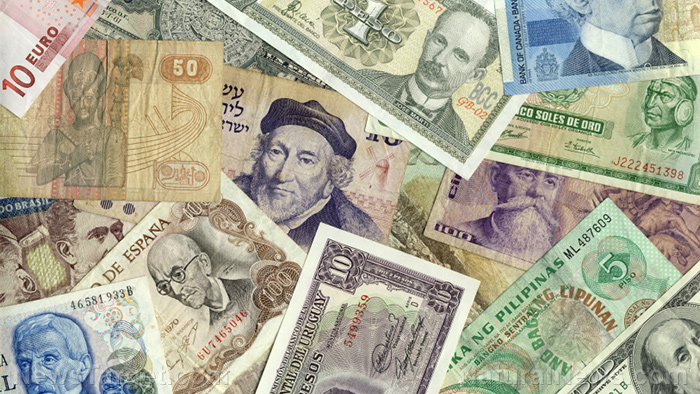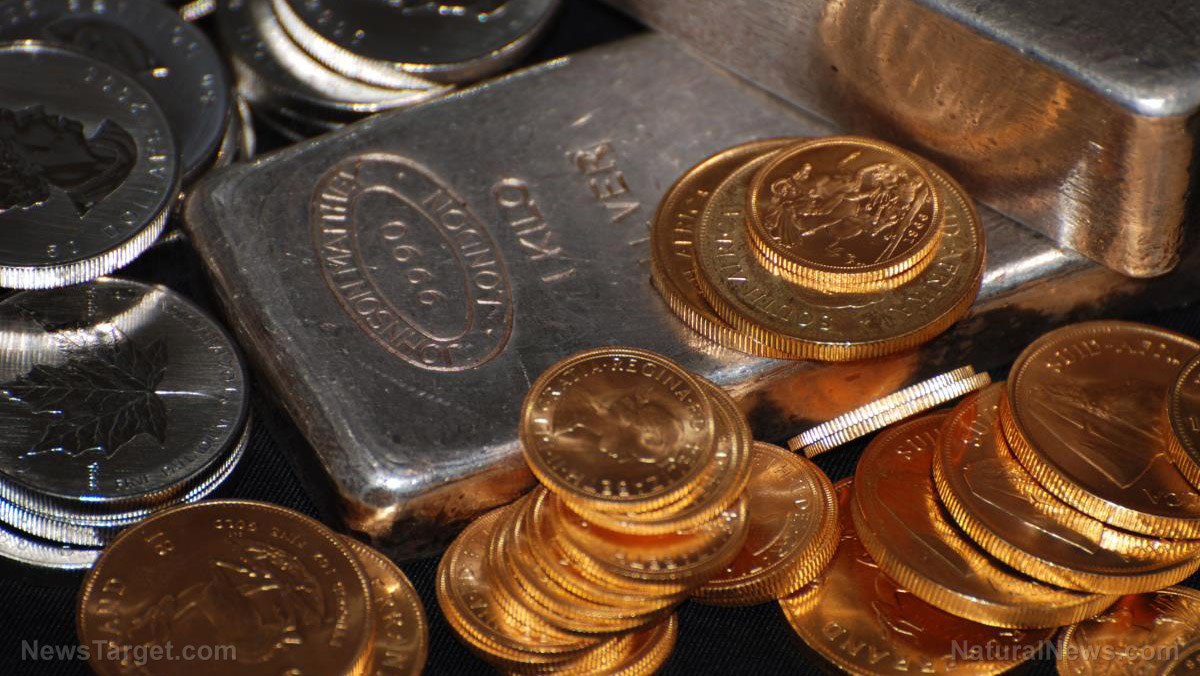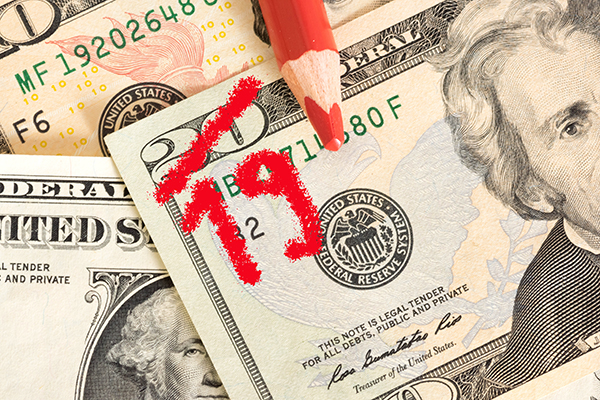Turkey’s inflation hits 24-year high, but Erdogan insists there’s no need to raise interest rates
11/09/2022 / By Belle Carter

Turkey’s inflation rate has hit 85.51 percent in October 2022, the highest in 24 years. But Turkish President Recep Tayyip Erdogan remains adamant that the Central Bank of the Republic of Turkey (CBRT) doesn’t need to raise interest rates.
According to a Nov. 3 report by the Turkish Statistial Institute (TurkStat), food prices were 99 percent higher compared to October 2021. Housing prices also rose by 85 percent, while transport also climbed by 117 percent. Meanwhile, consumer prices rose by 3.54 percent month-on-month.
Inflation in the country of 85 million began in 2021 when the Turkish lira plummeted, allegedly after CBRT began cutting its policy rate despite surging prices. During the last three months, CBRT slashed its key interest rate by a total of 350 basis points to 10.5 percent. It is also set to have another cut this month as the final move in the current easing cycle, running counter to the global monetary policy tightening trend.
Erdogan is refusing to raise interest rates as he firmly believes it would harm the economy. This drew flaks from critics, who said Erdogan’s policies continue to hurt the lira, push inflation up and pave the way to a currency crisis.
“My biggest battle is against interest. My biggest enemy is interest. We lowered the interest rate to 12 percent,” Erdogan said during an event in late September. “Is that enough? It is not enough. This needs to come down further.”
Quoting TurkStat, Reuters reported the month-on-month consumer prices rose 3.54 percent, which is below the 3.60 percent forecast in the media outlet’s poll. Annually, consumer price inflation was expected to be 85.60 percent.
The annual inflation in October was the highest since June 1998, when Turkey was working to end a decade of high inflation. (Related: Turkish annual inflation jumps to 83.45% due to excessive government spending on welfare and the military.)
Erdogan: Interest rate cuts will sharply boost borrowing costs
Erdogan, an ideological opponent of high-interest rates, has pointed out several times that he wants borrowing costs to drop below 10 percent in the months ahead to address rising prices in Turkey. This is in direct contrast with the moves of most other central banks, including the United States Federal Reserve. According to Erdogan, interest rate cuts are the nation’s approach to pursuing high rates of economic growth even at the cost of price stability.
Enver Erkan, chief economist at Tera Securities, said the country was serving as a “case study” for the consequences of an unorthodox economic model. He said in a client note: “So far, the results of the model have been the deterioration of price stability and the worst-performing emerging currency of the year after the Argentinian peso.”
Istanbul-based analyst Haluk Burumcekci said CBRT had once again failed to outline any “concrete policy proposals” to combat inflation. According to him, the central bank would continue to rely on currency interventions and other measures in a bid to steady the lira and limit inflation as these policies do not seem sustainable.
“But it seems that the economic management will try to maintain this approach until the elections,” Burumcekci added.
Erdogan further believes that low-interest rates play well with his political base, which includes small businesses and construction firms that rely on cheap credit. Erdogan is seeking to prioritize growth in the run-up to key parliamentary and presidential elections that are scheduled for June 2023.
Visit Inflation.news for more stories about inflation across the globe.
Watch this video that talks about the high inflation in Turkey.
This video is from the ZGoldenReport channel on Brighteon.com.
More related stories:
Collapse incoming: Eurozone inflation jumps to record-high 10.7%.
High inflation and cost of living taking a toll on health of many Americans, according to survey.
Australia’s central bank may aggressively increase interest rates as inflation hits 32-year high.
Americans now forced to dip into their SAVINGS to get by amid worsening inflation.
Sources include:
Submit a correction >>
Tagged Under:
big government, borrowing costs, Bubble, central bank, Collapse, debt collapse, economic collapse, economic crisis, financial crisis, Inflation, inflation crisis, interest rates, market crash, money supply, price stability, Recep Tayyip Erdo?an, risk, turkey
This article may contain statements that reflect the opinion of the author
RECENT NEWS & ARTICLES
COPYRIGHT © 2017 PENSIONS.NEWS
All content posted on this site is protected under Free Speech. Pensions.news is not responsible for content written by contributing authors. The information on this site is provided for educational and entertainment purposes only. It is not intended as a substitute for professional advice of any kind. Pensions.news assumes no responsibility for the use or misuse of this material. All trademarks, registered trademarks and service marks mentioned on this site are the property of their respective owners.




















